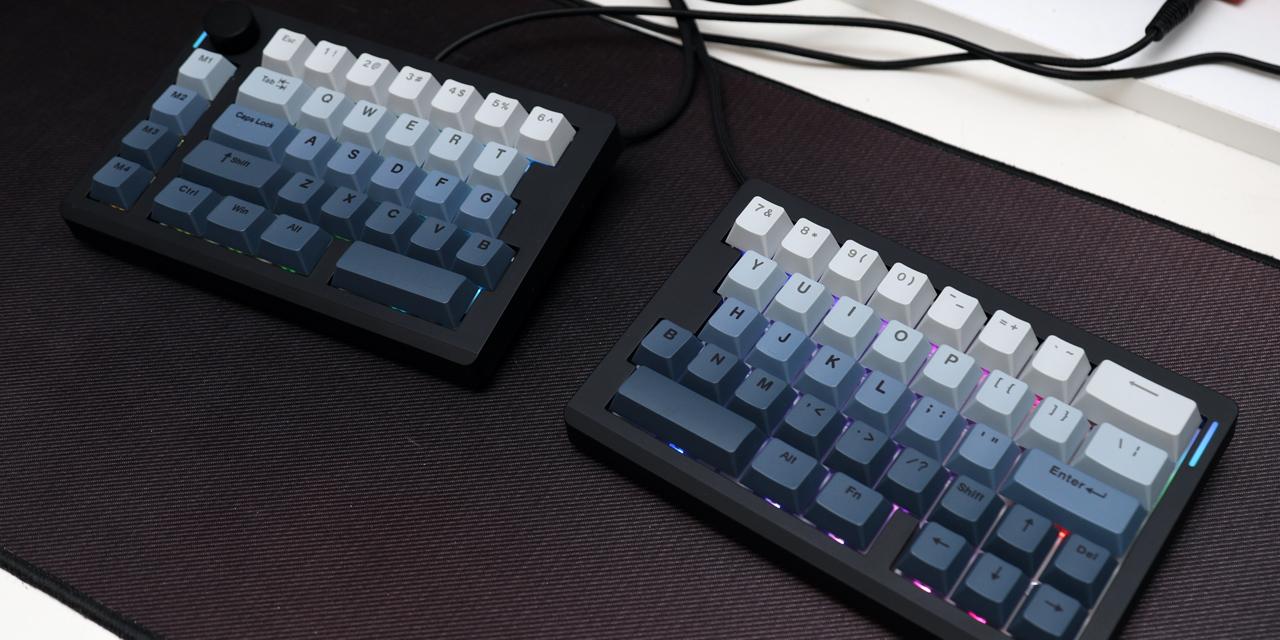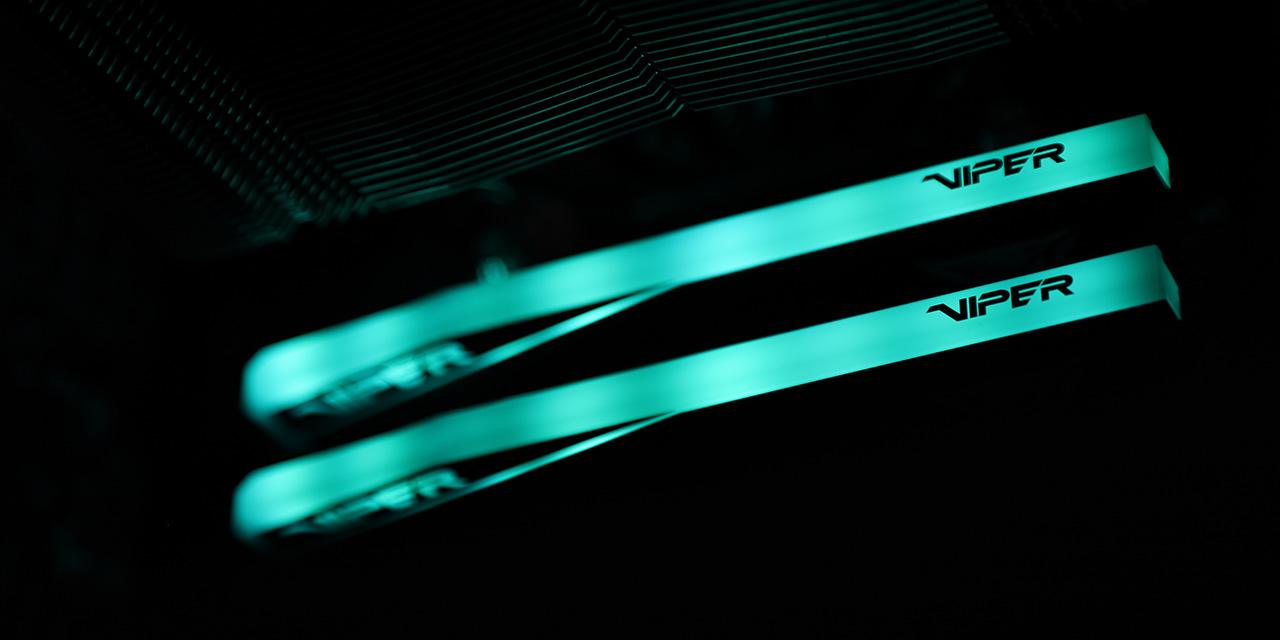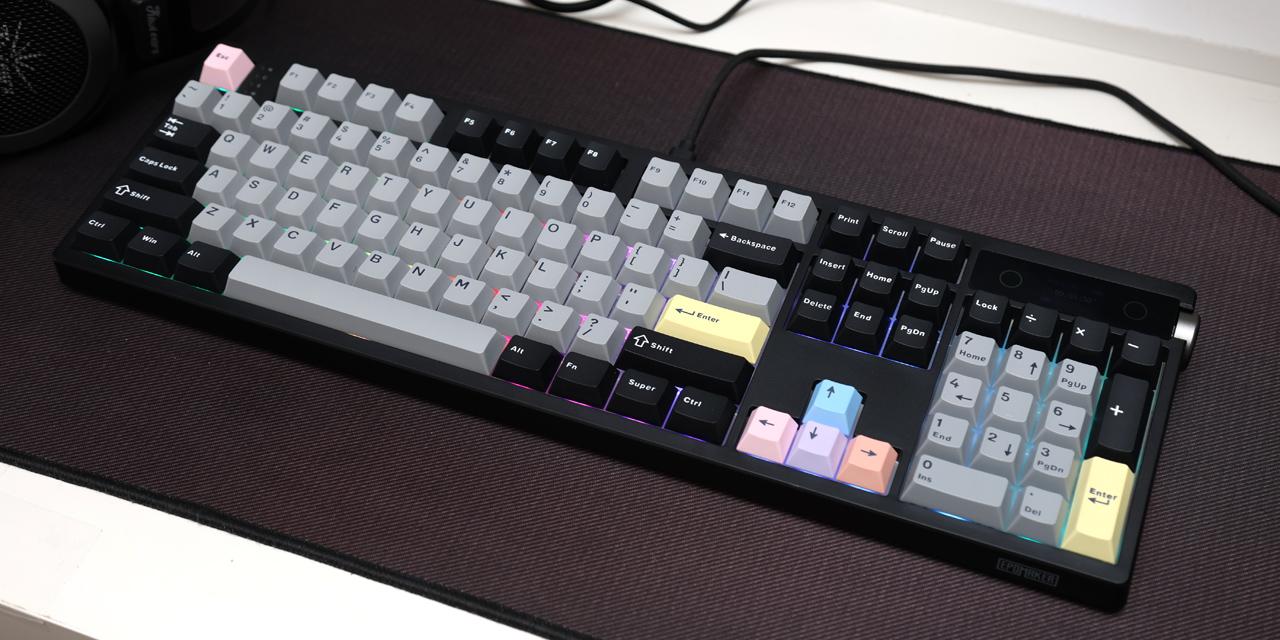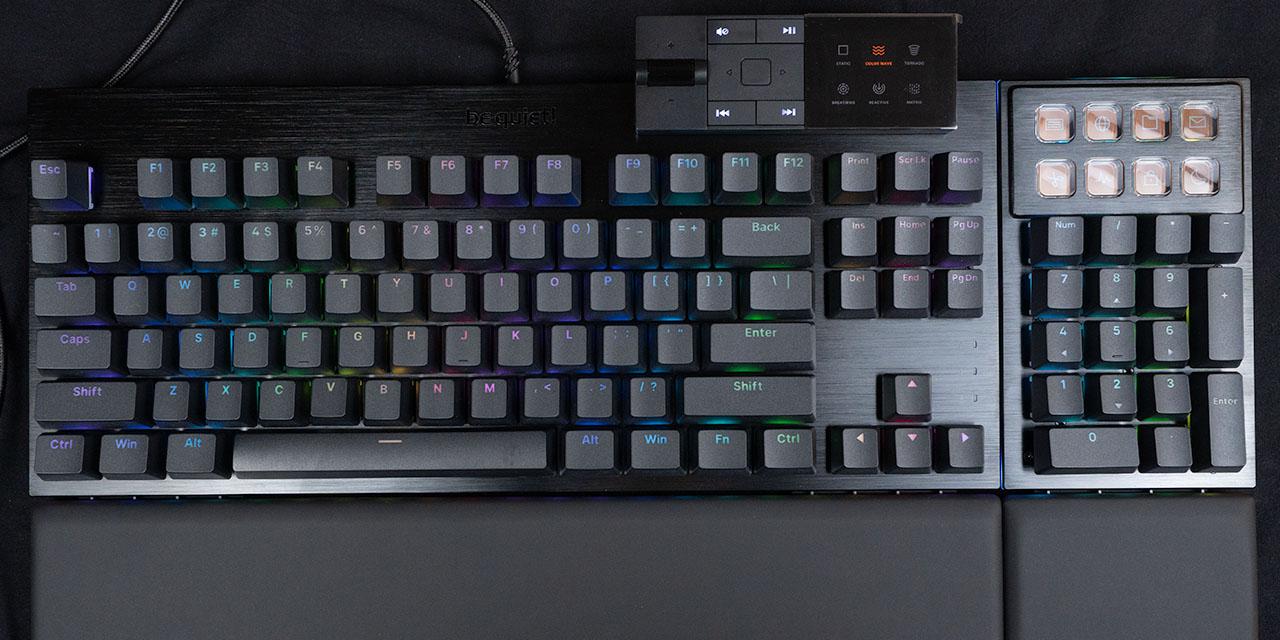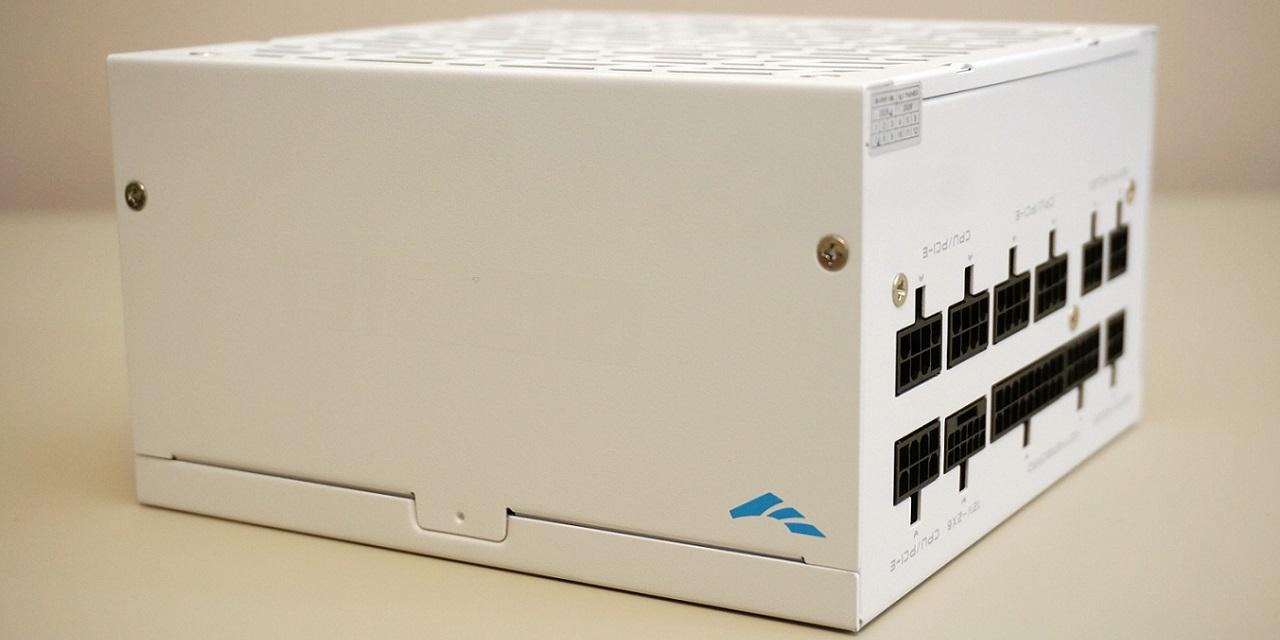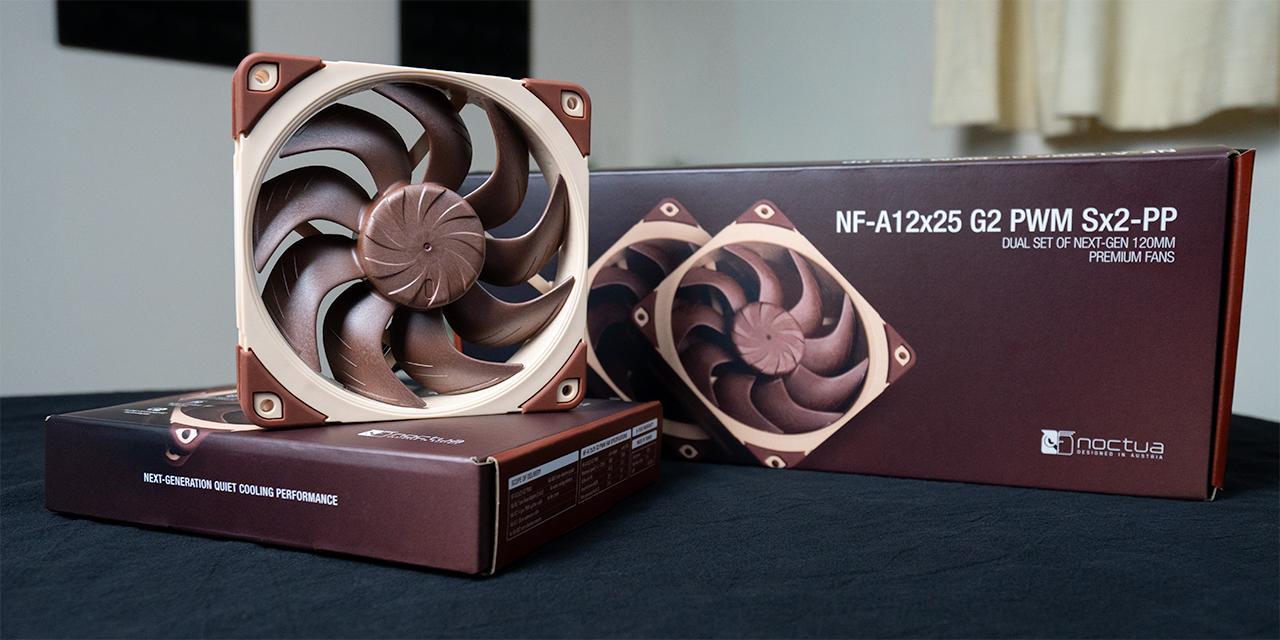|
From X-bit Labs: A spy-shot of a presumable Intel Corp.’s roadmap presentation shows rather dramatic changes in the plans of the world’s largest chipmaker. As it appears, the company has decided to scrap code-named Rockwell chip from its desktop plans, but introduce an enthusiast-oriented version of its code-named Haswell chip already in late 2014 or early 2015. That year Intel also launches its new code-named Skylake micro-architecture. In case the roadmap published by Chinese VR-Zone web-site is genuine, it looks like Intel Core i-series 4000-family “Haswell” microprocessors, 8-series chipsets code-named “Lynx Point” and code-named Sharkbay desktop platform will serve the desktop market not only in 2013, but for the better half of 2014 as well. Sometimes in the second half of next year the company is expected to introduce code-named Haswell Refresh platform. The platform will presumably feature Intel 9-series chipsets as well as speeded up versions of Haswell chips, but not code-named Rockwell microprocessors made using 14nm process technology, as expected. Previously it was believed that code-named Rockwell microprocessors with improved micro-architecture and slightly better performance-per-watt specifications compared to Haswell will serve all types of client processors, including desktops, laptops and ultrabooks. However, it now looks like they will only be found inside mobile computers and small form-factor desktops like Intel NUC. As it usually happens, plans are subject to change and Intel may reconsider its roadmap in the coming months. Since Rockwell should not differ from Haswell considerably, it is unlikely that desktop customers really lost a lot, especially since Intel will likely offer desktop chips in 2014 that will be faster than the mobile ones. A good news for performance enthusiasts is that code-named Haswell-E chip, which is designed for high-end desktops (HEDTs), is scheduled to arrive in 2015 or even in late 2014, just a little over a year after Ivy Bridge-E. The new HEDT platform will support multi-channel DDR4 memory and will likely offer a substantial performance increase over predecessor, the Core i7-4800/4900-series “Ivy Bridge-E” chips. View: Article @ Source Site |
 |
Intel Cans Rockwell Processors for Desktops
© Since 2005 APH Networks Inc. All trademarks mentioned are the property of their respective owners.
